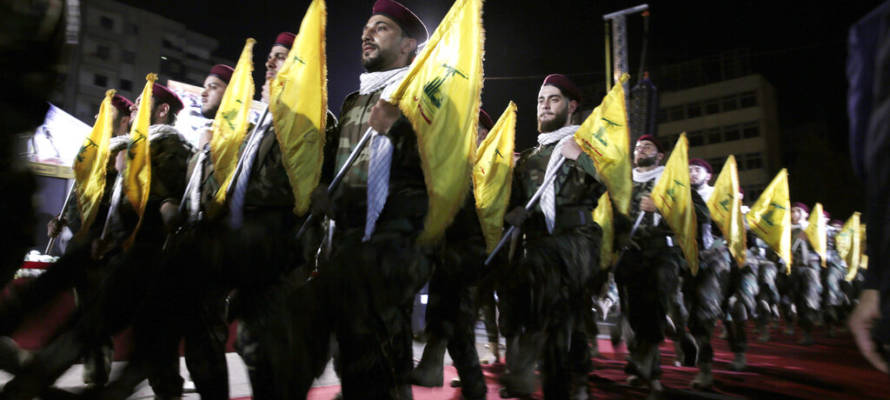‘Rebuilding the might of the resistance, in terms of manpower, capabilities and resources, is the task today.’
By Ben Rappaport, United with Israel
Prior to the ceasefire deal announced this week, a pro-Hezbollah Lebanese daily promised that “the end of this round of fighting with the enemy does not mean the end of the resistance.”
In an article published last Wednesday, Ibrahim al-Amin, board chairman of Al-Akhbar, criticized opponents of Hezbollah in Lebanon, asserting they have adopted Israel’s perception of UN Security Council Resolution 1701 and want the Lebanese army to “bow to the will” of Israel.
“What can we say to these groups, and how can we explain to them that […] no reasonable person would agree to [define the Lebanese] army’s mission as bowing to the will of the enemy, just in order to please the international community?” he wrote, according to the Middle East Media Research Institute (MEMRI).
“How can we explain to them that we cannot let international forces, NATO forces or any other foreign force treat us as a country under occupation, and that nobody has the right to impose such options on an element that surely represents more than half of the Lebanese [i.e., Hezbollah]?”
“[The need to] wait for the outcomes of the current negotiations is a given; ending the aggression [against us] is our right, and helping to reach an agreement that will stop the [Israeli] war machine is our duty,” he continued.
“But it is [also] our right and our duty to clearly say that Israel will remain an enemy that must be eliminated, that Palestine is a land important to all of us, and that our people are an example of injustice [perpetrated] by the world’s powerful forces.”
“True, we are divided on the basic issue, and therefore honesty compels us to say very calmly that the end of this round of fighting with the enemy does not mean the end of the resistance, and that rebuilding the might of the resistance, in terms of manpower, capabilities and resources, is the task today, and it will gain momentum in the future, and at any point in time,” he concluded.
Speaking on Tuesday ahead of the Israeli security cabinet’s approval of the ceasefire deal, Prime Minister Netanyahu emphasized that “The length of the ceasefire depends on what happens in Lebanon.”
“With the United States’ full understanding, we maintain full freedom of military action,” he said. “If Hezbollah violates the agreement and tries to arm itself, we will attack. If it tries to rebuild terrorist infrastructure near the border, we will attack. If it launches a rocket, if it digs a tunnel, if it brings in a truck carrying rockets, we will attack.”
“I hear the claim that if we enter into a ceasefire, we will not be able to attack and will not be able to renew the war. I remind you, that is exactly what they said when we had a ceasefire in Gaza to release the hostages. They said we wouldn’t go back to fighting, but we did.
“They tell me Hezbollah will be quiet for a year or two, grow stronger and then attack us. But Hezbollah will be in violation of the agreement not only if it fires on us. It will be in violation of the agreement if it obtains weapons to fire at us in the future. And we will respond forcefully to any violation,” he said.
